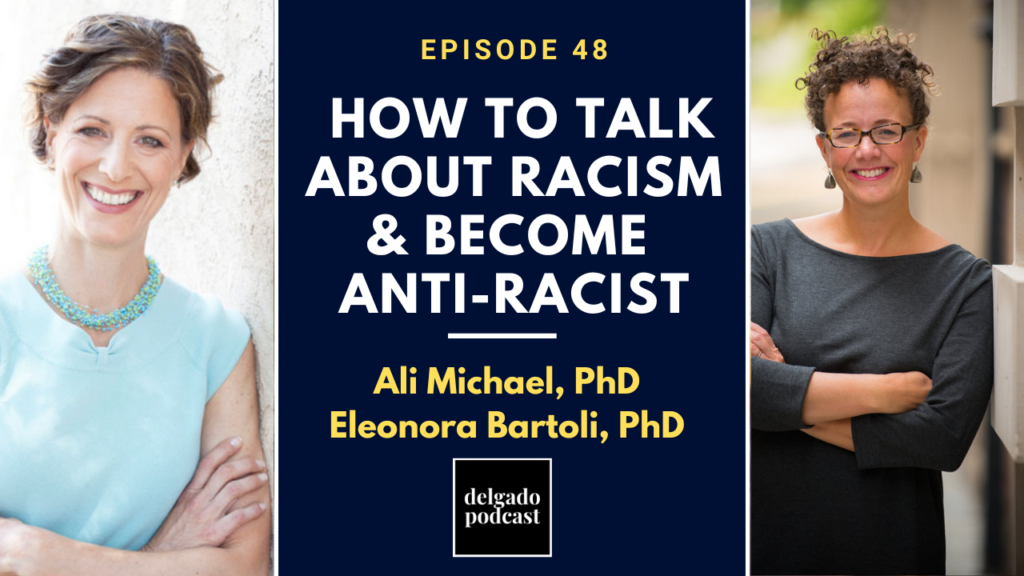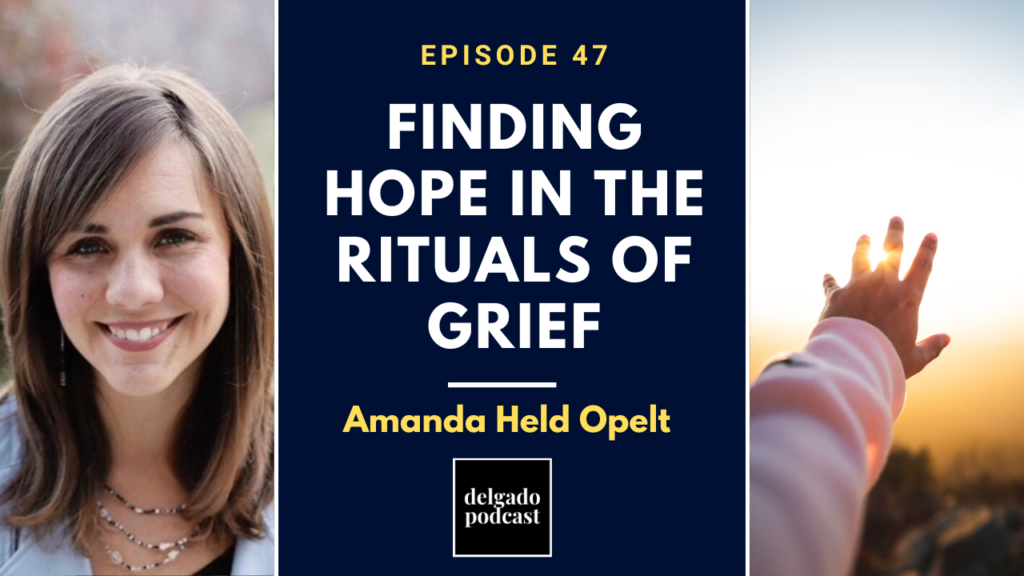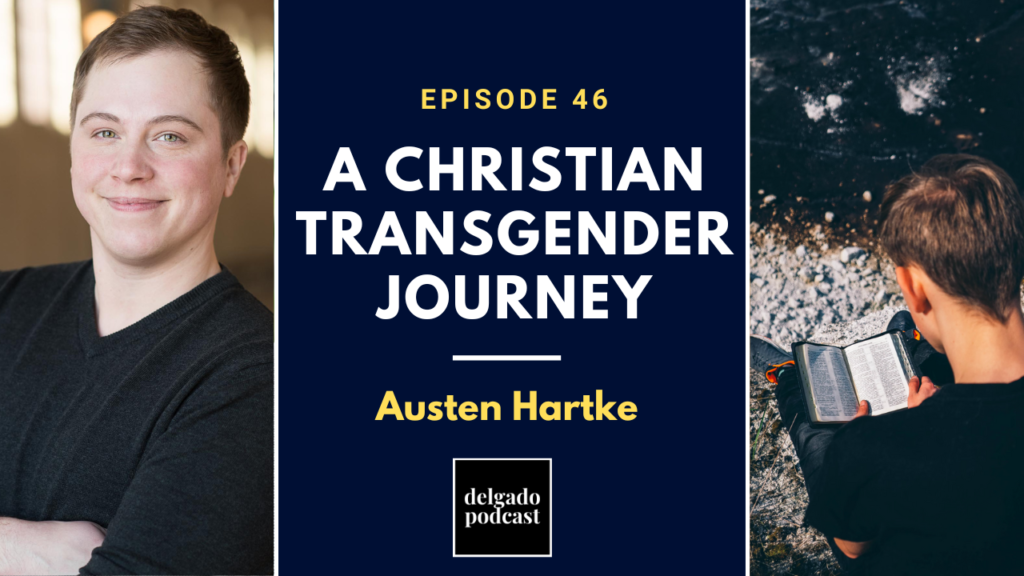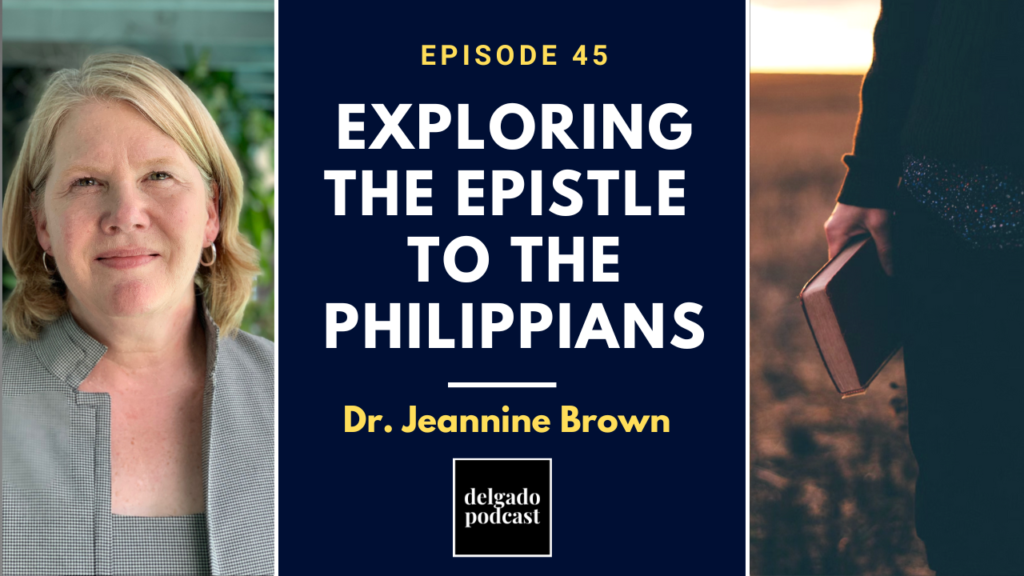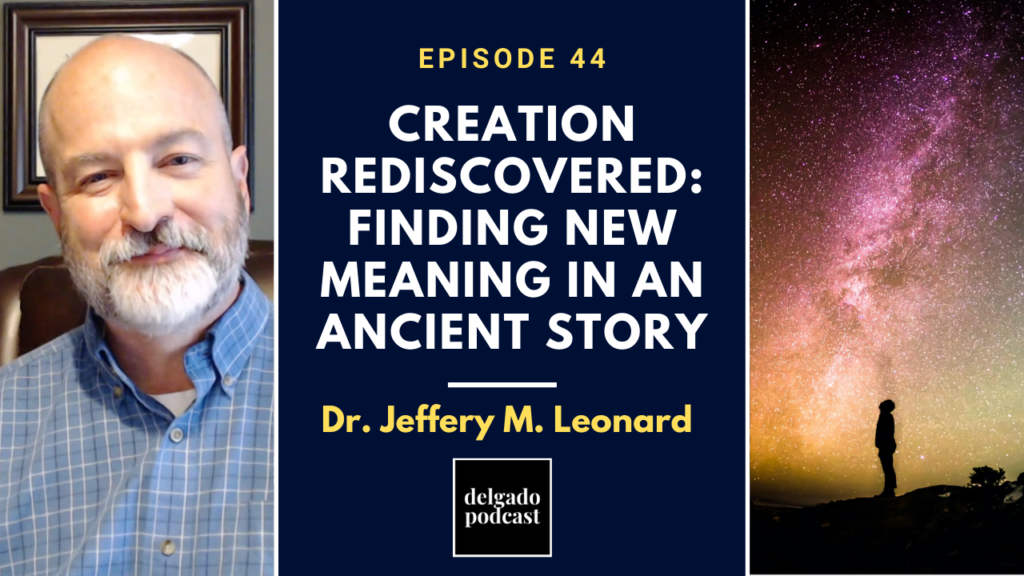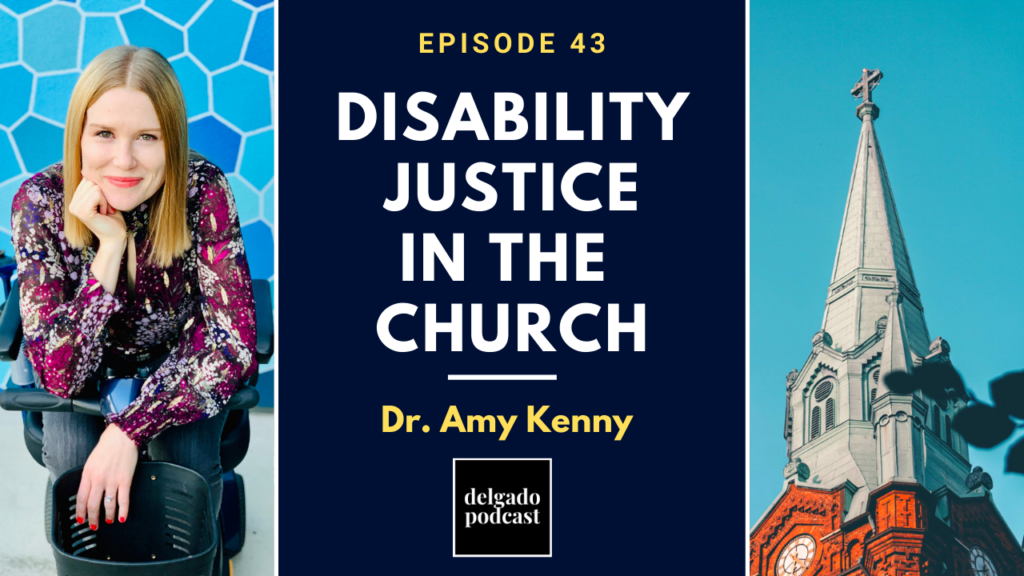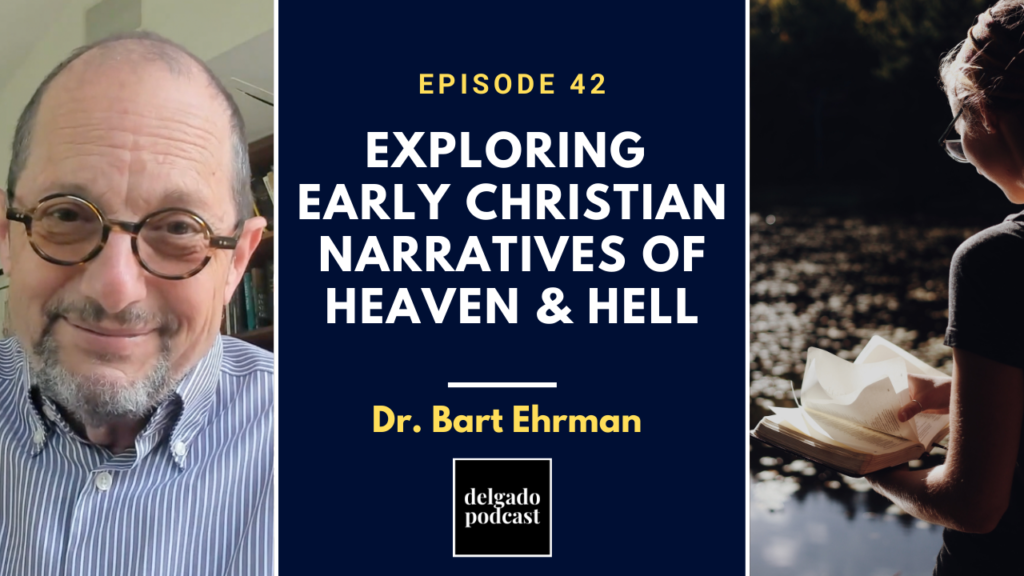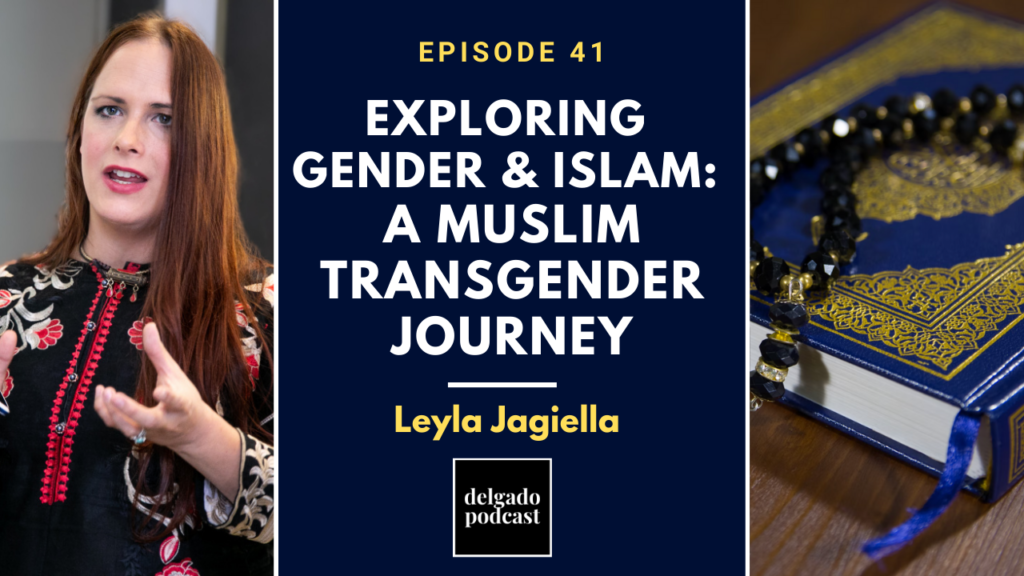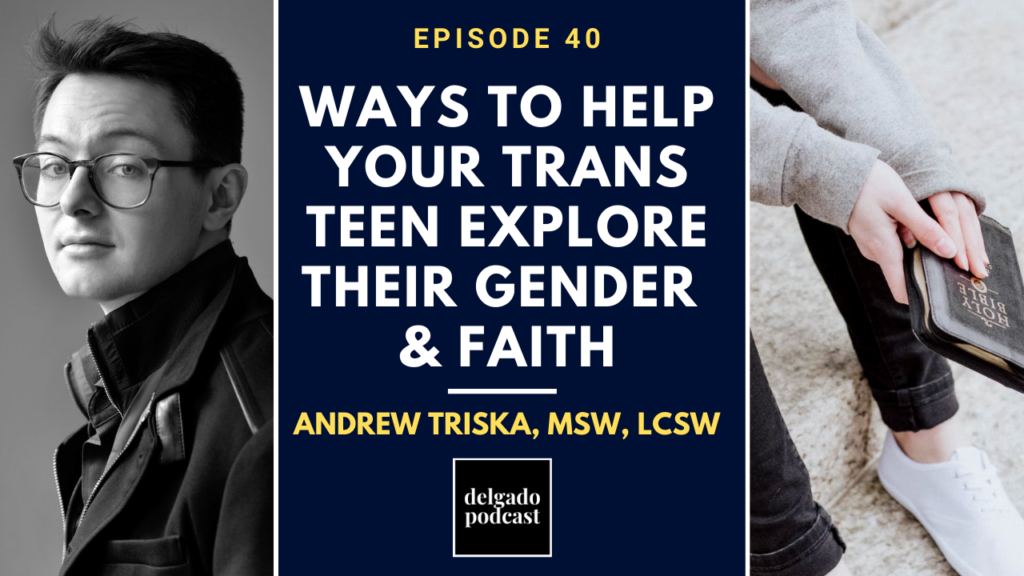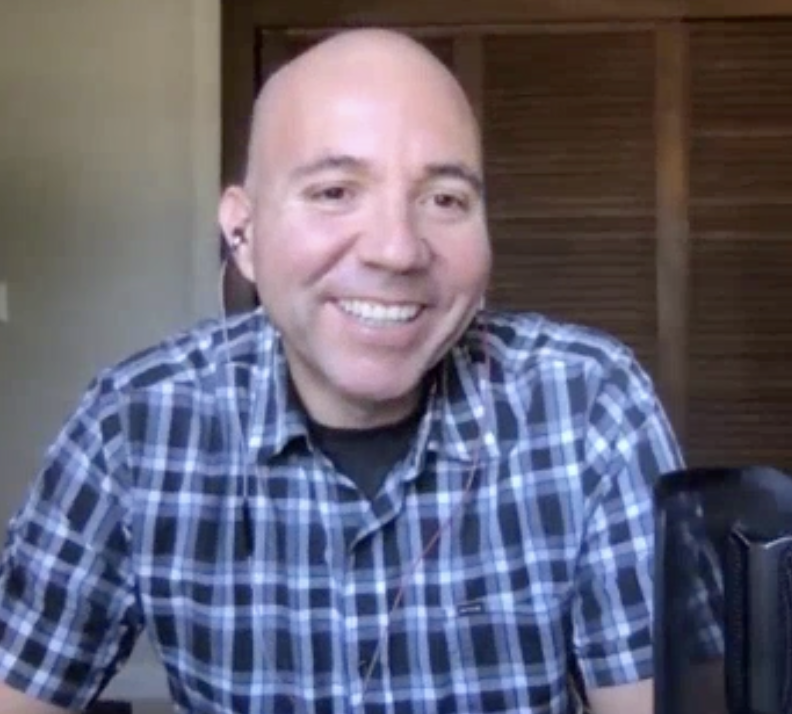Embracing Curiosity in the Journey of Faith w/ Lore Ferguson Wilbert
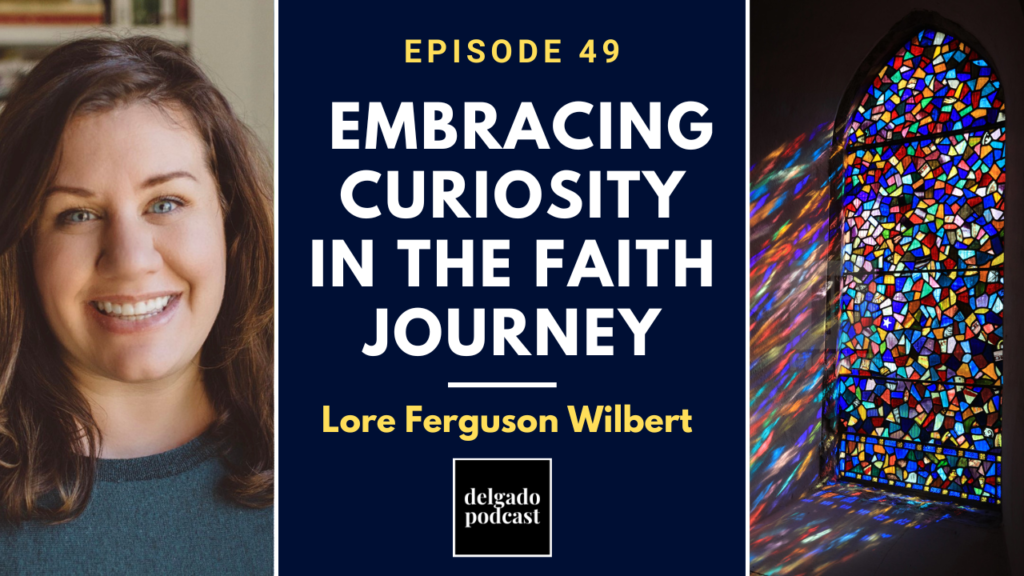
In this week’s podcast, we’re honored to learn from Lore Ferguson Wilbert about her new book entitled “A Curious Faith: The Questions God Asks, We Ask, And We Wish Someone Would Ask Us.“
Her book explores the powerful ways our faith and doubt can impact our understanding of God. Lore invites us all to embrace curiosity in our faith journey, and to get comfortable with not always finding all the answers. Most importantly, she encourages readers to find their comfort and ultimate answers in Christ.
You can get this episode on iTunes, Spotify, Google Podcasts, Stitcher or YouTube. You can also download or listen to the full podcast episode here.
In this episode, Lore talks about:
• Asking vs. Answering
• Feeling vulnerable and insufficient
• When you’re not in control
• Asking questions, but not expecting answers
• A crisis of faith
• Believing with our mind, but feeling faithless in our heart
• Processing painful emotions and finding healing
• Dark nights, despair, and getting angry at God
• How emotional pain affects our bodies
• Internal processing and bottling up our emotions
• What the humanity and emotions of Jesus teach us
• How the Psalms give us permission to question God
• What the staff of Moses teaches us (and how God uses our weakness)
• One of the toughest chapters to write
• Rilke: On embracing uncertainty and living in the questions
You can watch the full conversation on embracing curiosity in the journey of faith.
Lore Ferguson Wilbert is the founder of Sayable.net and the author of Handle with Care, winner of a 2021 Christianity Today Book Award. She has written for Christianity Today, Fathom magazine, and She Reads Truth and served as general editor of B&H’s Read and Reflect with the Classics. Wilbert reaches an audience of more than 40,000 through email and social media. She is currently pursuing an M.A. in Christian spiritual formation and leadership from Friends University.
